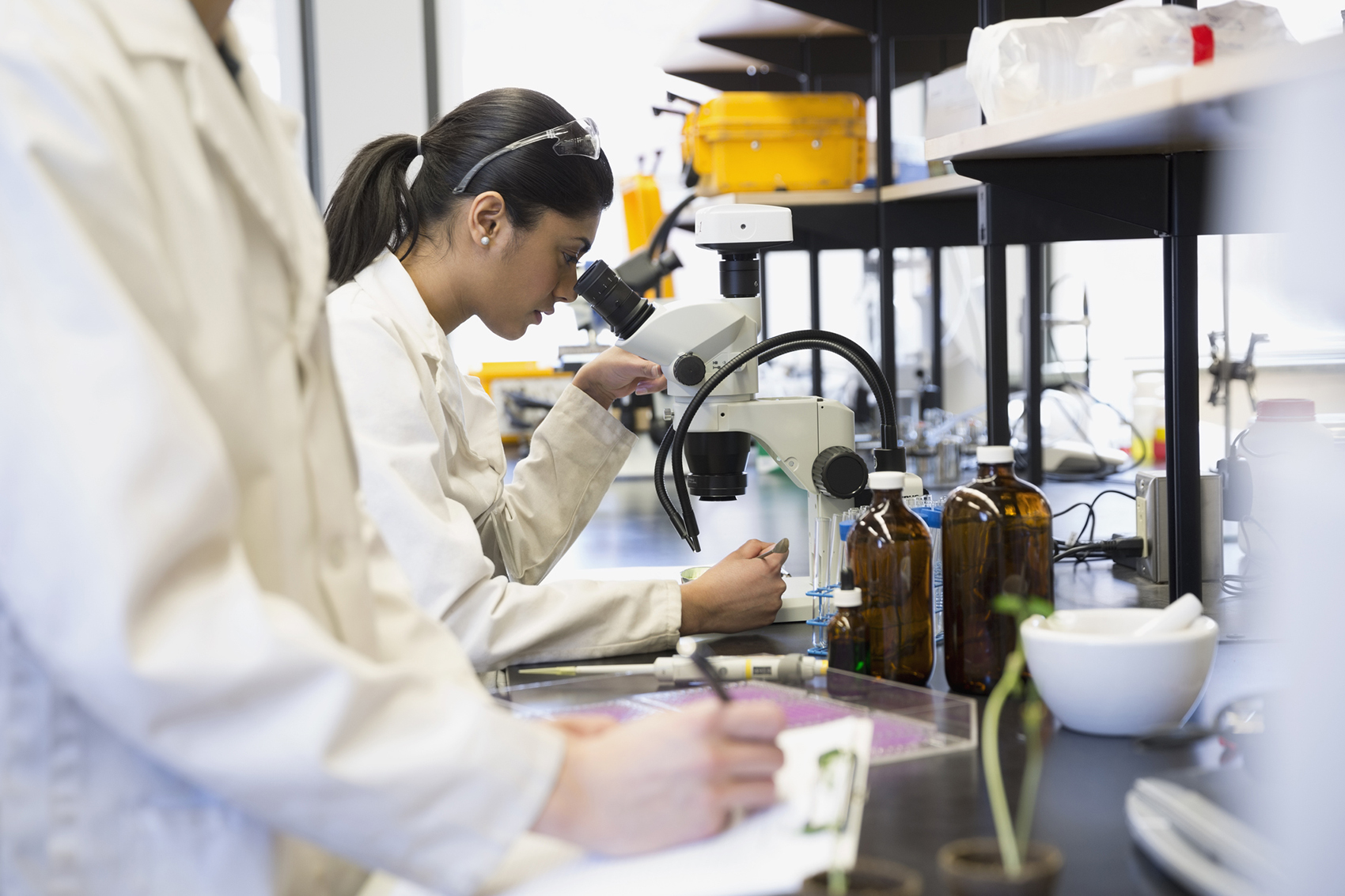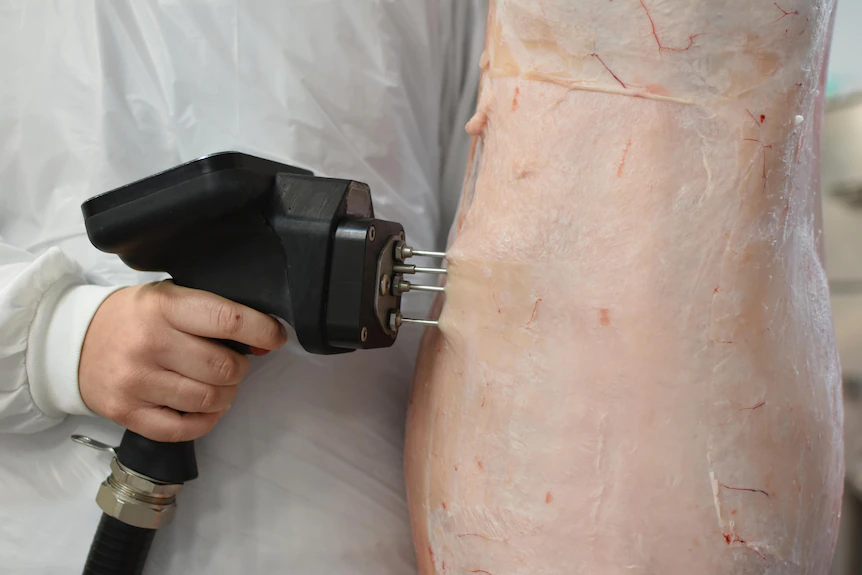Are climate risks being fully factored into the bloc’s rigorous rules?
European Union lawmakers are being urged to avoid too much risk aversion from holding back the potential of the homegrown biotech sector.
Developments in biotech could be transformative in a range of critical sectors. Beyond huge promise in healthcare, innovative, low carbon applications in areas like agriculture and food systems and energy production could help address pressing environmental and sustainability challenges. But there’s concern among some local operators that the bloc’s current approach could cap potential biotech benefits — especially in the context of the urgency required to tackle the climate crisis.

“The main regulatory challenges for the EU’s biotech startups are long timelines for approval of new products and a lack of openness towards modern biotech solutions that may lead to GMO solutions,” Joško Bobanović, partner at Sofinnova Partners, a major investor in European biotech, tells TechCrunch. “Today, EU startups often do not bother trying to get approval in Europe because of long approval timelines, opting instead to go directly to the US or Asia. This is a huge loss for Europe given the plethora of leading-edge technologies developed here.
“Recent Nobel prizes for technologies like CRISPR or for discoveries that led to RNA vaccines highlight European regulators’ hesitance toward genetic technologies, similar to favoring landlines over mobile phones. (Remember what happened with Nokia and smart phones.) The potential benefits of these innovations far outweigh the risks even as they are part of a duly rigorous regulatory cycle.”
“If you look at venture capital, there’s significantly more money going into the synbio [synthetic biology] community in the United States, and so we’re really at a disadvantage here in Europe,” says Stef van Grieken, CEO and co-founder of EU-based startup Cradle, which offers generative AI tools to help bioengineers design proteins. “There’s also a lot of regulatory risk in Europe. So GMO, a lot of these types of techniques are considered genetic modification. And rules in Europe are very strict. And so if you look at a company like Meatable, that’s growing meat in in a dish instead of using a cow — they’re a Dutch company but they’re launching their products in Singapore, in the United States due to regulatory constraints.”

He also points the level of recent biotech support announced by the Biden administration, including a pledge to invest $2 billion in biotechnology and biotech manufacturing — suggesting the bloc is lagging behind on financial support for the field too. “According to McKinsey, about 60% of our current economic inputs you could make with biology,” he says. “And so that’s substantial, right? Like everything that we consume is a lot larger than the things on the internet.”
“One of the things that’s starting to become obvious is there’s lots of application domains for these types of techniques,” he adds, discussing generative AI’s role in accelerating biotech R&D. “I mean, I’m excited about ChatGPT and [popular generative AI] applications but let’s say… [helping] science and R&D teams to get their bio-based products to market faster to help us solve climate change may be a bit more important than producing better marketing copy.”
Earlier this month the European Union adopted a list of ten technologies it considers critical to the bloc’s future economic security — ranging from AI, quantum and advanced semiconductors, to space tech, robotics and biotech — making a clear statement of recognition of transformative and strategic potential. At the same time, four of the listed techs were flagged for further risk assessment, including biotech (the other three pegged for extra scrutiny are: AI, advanced semiconductors and quantum).
:max_bytes(150000):strip_icc()/BiotechETFs-6c9b0bb96167415b81b9c25b4740c1bb.jpeg)
The Commission’s recommendation suggested Member States conduct collective risk assessments of these four critical areas by the end of the year — with lawmakers highlighting the possibility that transformative potential could also lead to highly sensitive risks, such as threats to fundamental rights or civil-military fusion.
** Click here to read the full-text **









